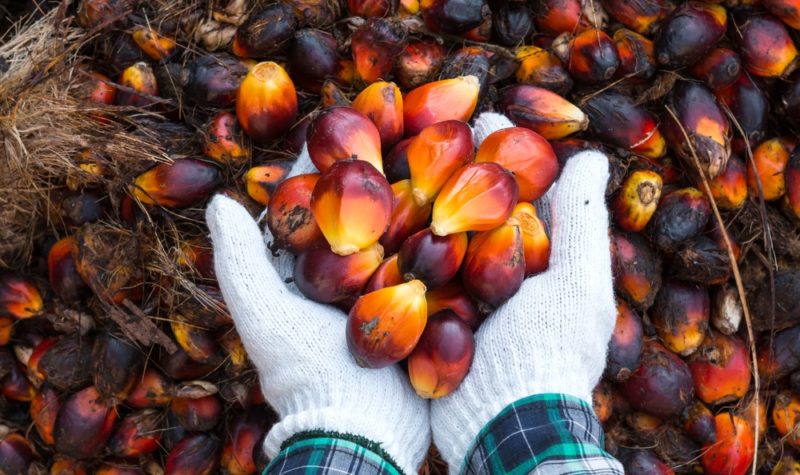MP Evans – ready for a big leap forward

Palm oil company MP Evans looks to be on the cusp of some very big leaps in production yield. Its brokers are targeting 1,000p a share, writes Mark Watson-Mitchell.
I think that my wife is going to kill me or at least try to maim me! However, after she reads this article perhaps her mood will have been calmed. But that probably will not happen, as she never reads my articles – I obviously bore her.
She is vociferously against the deforestation that goes on in the world, especially when it comes to the cultivation of oil palm. So, it was with a certain trepidation that I started to look at the investment merits of a near 140-year old company called M P Evans (LON:MPE).
What hit me immediately was the group’s long-term sustainable approach to the growing of oil palm. In the 1870s it created tea and rubber plantations in Sri Lanka and Malaysia, but it was not until the 1960s that it got involved in the development of new palm oil areas in Malaysia – it was attracted by the better return on its investment.
In 2005 the group was suffering higher overheads but was tempted by rising land values to bring about the sale of its Malaysian plantations. It reinvested the proceeds into palm oil estates in Indonesia.
Today M P Evans is a single crop, single country company. Importantly, it is a member of the Roundtable for Sustainable Palm Oil – that should placate my wife.
Palm oil is the world’s most popular vegetable oil, with a growing market share. Oil palms grow from seeds, progress to seedlings, planted after one year and within 30 months they are producing fresh fruit brunches. They enjoy a very rapid increase in productivity, reaching maximum yields at around 9/10 years of age.
The fresh fruit brunches continue to be produced until they are 18/19 years old and then the yield starts to diminish. By the age of 25 the trees are far too tall to be cropped, so they are then felled and the process starts all over again.
The fresh fruit bunches are steamed and then squeezed to produce crude palm oil, while the nut is extracted from the kernel and pressed to produce palm kernel oil (PKO).
Look around any supermarket and you will notice that some 50% of products contain either palm oil or PKO – such as cosmetics, shampoos, biscuits, cereals, chocolates and ice cream.
Because of the young age of its crop the group has been experiencing an accelerated rate of crop growth over the last few years, meaning that today it is literally standing on the threshold of some very big leaps in production yield.
The last year, to end-December, saw the group process more than 1m tonnes of the crop from its own and its scheme smallholders’ 30,000 plus hectares. It improved its oil-extraction rate to 23.7%.
There is a rising demand set against a tight vegetable oil supply and low stocks generally. Prices are on the increase but will be interfered with by the COVID-19 crisis. Brokers to the company, finnCap, see last year’s $119m revenue being boosted this year to $154m, then $183m in 2021 and $207m in 2022.
That should see pre-tax profits leap from $10.7m in 2019 to $22.5m this year, $46m next year and a massive $63.6m in 2022. Earnings in cents could increase from 7.8 to 28.1, then 54.6 and 74.6 cents per share.
With its shares trading at just 540p the group is capitalised at less than £300m. Its brokers are targeting 1,000p a share – so I will be happy to see them hit 700p before the year end.
Comments (0)